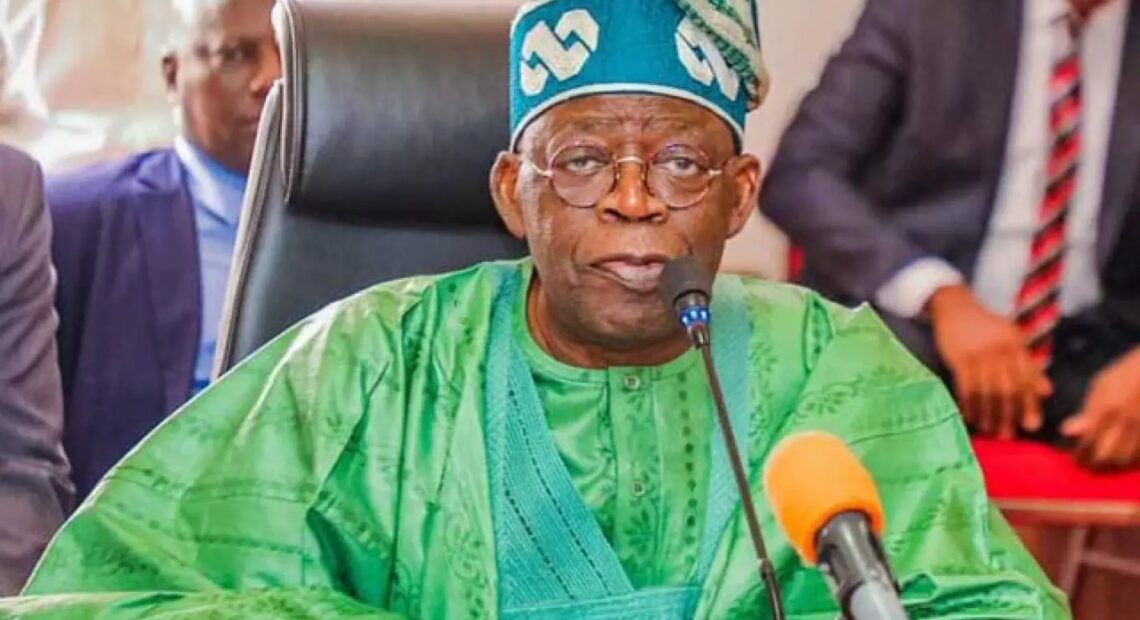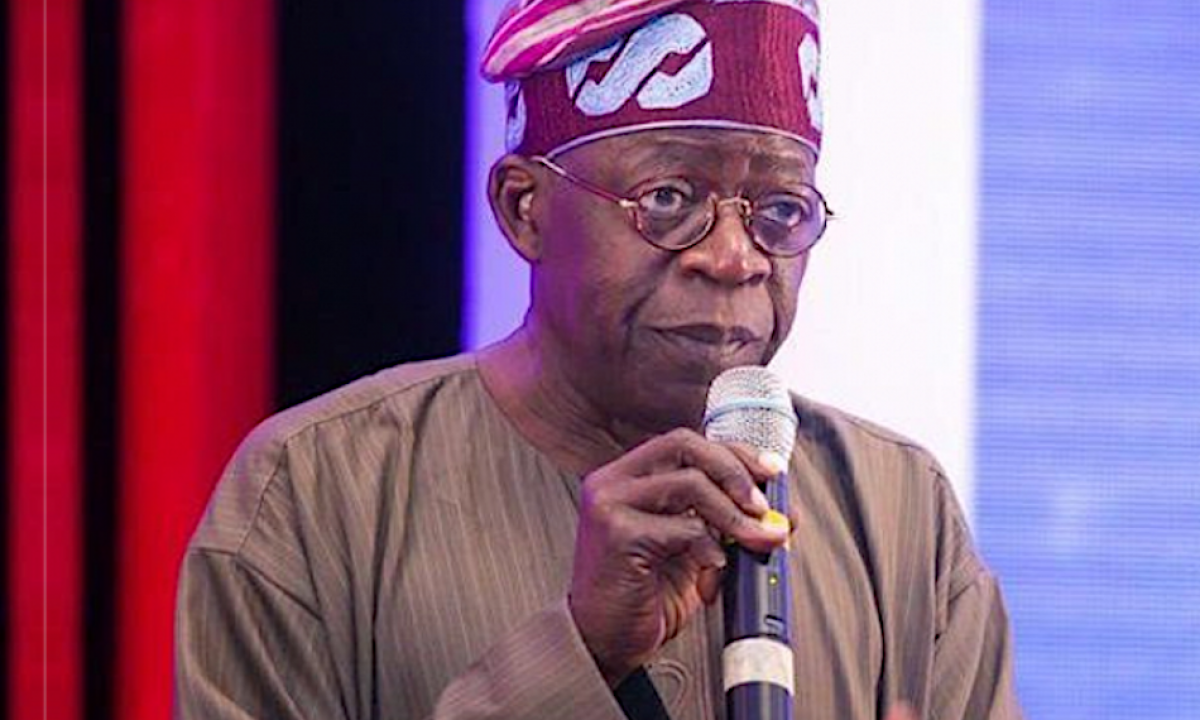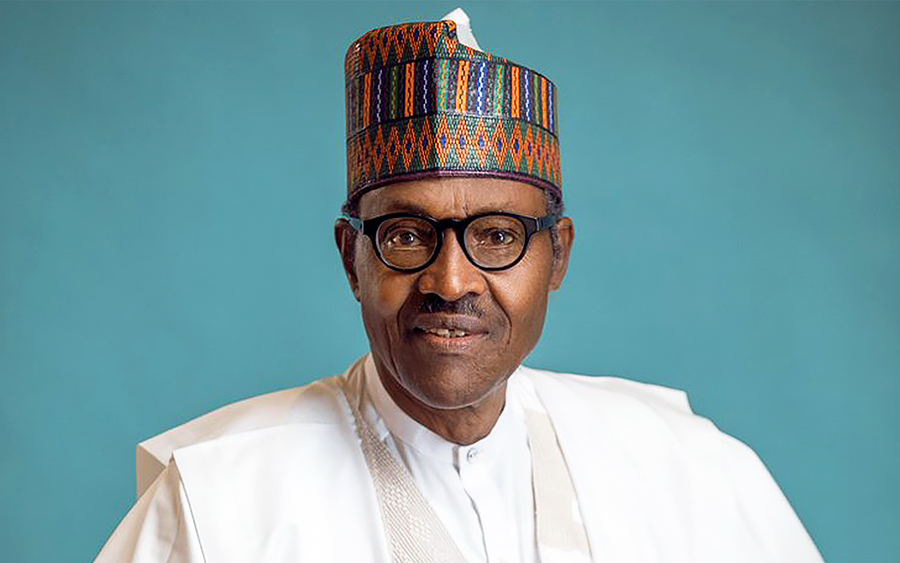Democracy Day: How we got here, significance to nation building

..Tinubu, Atiku speak
By Clement Adeyi
Key points
-
A celebration of Nigeria’s political rebirth from military regime
-
A day of democratic freedom anniversary
-
Immortalization of June 12, the Nigeria’s record fairest, freest and credible election
-
Federal government’s commitment to making democracy an accepted way of life by the citizenry.
-
Deepens Nigeria’s democracy, unity and peace
Today is June 12, Nigeria’s popular Democracy Day. It is a rebirth from May 29 which was formerly recognised as the country’s Democracy Day. It came into being after Chief Olusegun Obasanjo became a civilian president in 1999, marking the end of multiple decades of military rule that began in 1966 after a brief interruption of democracy from 1979 to 1983.
The change of June 12 to democracy day was effected by the administration of the immediate past president, Muhammadu Buhari in 1998, following approval by the National Assembly as well as the support of democracy supporters in the country and in the diaspora.
Today’s celebration marks the fifth edition of the special day in the political life of the nation after its declaration in 1998.
It was on this day in 1993 that presidential elections were held for the first time
Until then, May 29 had remained Nigeria’s Democracy anniversary in recognition of restoration of the country’s democracy from the protracted military regime.
But following the enormity of the significance of June 12, the Federal Government decided to change the Democracy Day anniversary to June 12 in view of its huge relevance to the country’s political life.
It was on this day in 1993 that presidential elections were held for the first time since the 1983 military coup.
The election which was acclaimed as the most peaceful, the freest, fairest and credible exercise in the history of Nigeria’s Democracy, was won by the late M.K.O Abiola but later annulled by the then military president, Major General Ibrahim Babangida (retd).
Before June 12 got converted to Democracy Day, South Western Nigeria had set the day aside to commemorate Abiola’s stolen mandate as well as its significance to the nation’s democratic status.
The annulment of the June 12 presidential election plunged the country into a serious political quagmire in its 33-year life as an independent nation.
The annulment threatened Nigeria’s status as one political entity and put it in jeopardy. The political impasse created was unprecedented in the country’s political history.
Determined to reclaim his mandate, he declared himself president-elect, having gotten a support of the international community. But unfortunately, he was accused of treason and arrested on the orders of then military president, General Sani Abacha, who sent 200 police vehicles to bring him into custody. He ended in prison.
Abiola died in prison in suspicious circumstances on the day that he was due to be released on July 7, 1998.
In the circumstance, scores of democracy fighters swung into action with a view to guaranteeing democracy for the nation and return it to a democratic rule.
Abiola died in prison in suspicious circumstances
June 12’s transmogrification to Democracy Day has further enhanced unity.and peace of the nation. It has also deepened the nation’s democracy and reconsolidated it so much that the threat that it faced in time past has plummeted significantly.
The immediate past president, Muhammadu Buhari had said that his decision to change the nation’s Democracy Day from May 29 to June 12 was not only because of the sacrifices by those who fought to enthrone democracy but also to demonstrate his administration’s commitment to making democracy to be an accepted way of life by the citizenry.
As the country celebrates the day today, President Tinubu, in a nation-wide broadcast on Monday morning said: “Fellow compatriots, we celebrate a day that has remained a watershed in our nation’s history, not just today, but for every June 12, for the endless future that our beloved country shall exist and wax stronger and stronger, generations of Nigerians will always remind themselves that the democracy that is steadily growing to become the defining essence of our polity was not gifted to us on a silver platter.”
He added: “The point is that we must never take this democracy for granted. We must forever jealously guard and protect it like a precious jewel. For, a people can never truly appreciate the freedoms and rights democracy guarantees them until they lose it.”
Erstwhile Vice President and candidate of PDP in the February 12 general elections, Alhaji Atiku Abubakar, has, however, expressed dissatisfaction with the standard of the Nigerian democracy, insisting that it is still in bondage and needs rescue.
He stated this in a message to mark this year’s Democracy Day celebration.
“Democracy without a corresponding commitment to the principles of fairness and fidelity to the rule of play by stakeholders in the processes of conducting elections still leaves the people prostrate to tendencies of dictatorship,” he said.
He added: “For our democracy to be fully fledged, it must constantly evolve away from the current practice where the governing elite determines the outcome of elections.”
Atiku said what was being celebrated
was just a return to civil rule in Nigeria.
According to him, it requires collective energy and commitment to attain civil rule.
“It will require a concomitant commitment to advance the cause of democracy and our democratisation process,” he said.
The Insight Report
Nigeria Coverage



